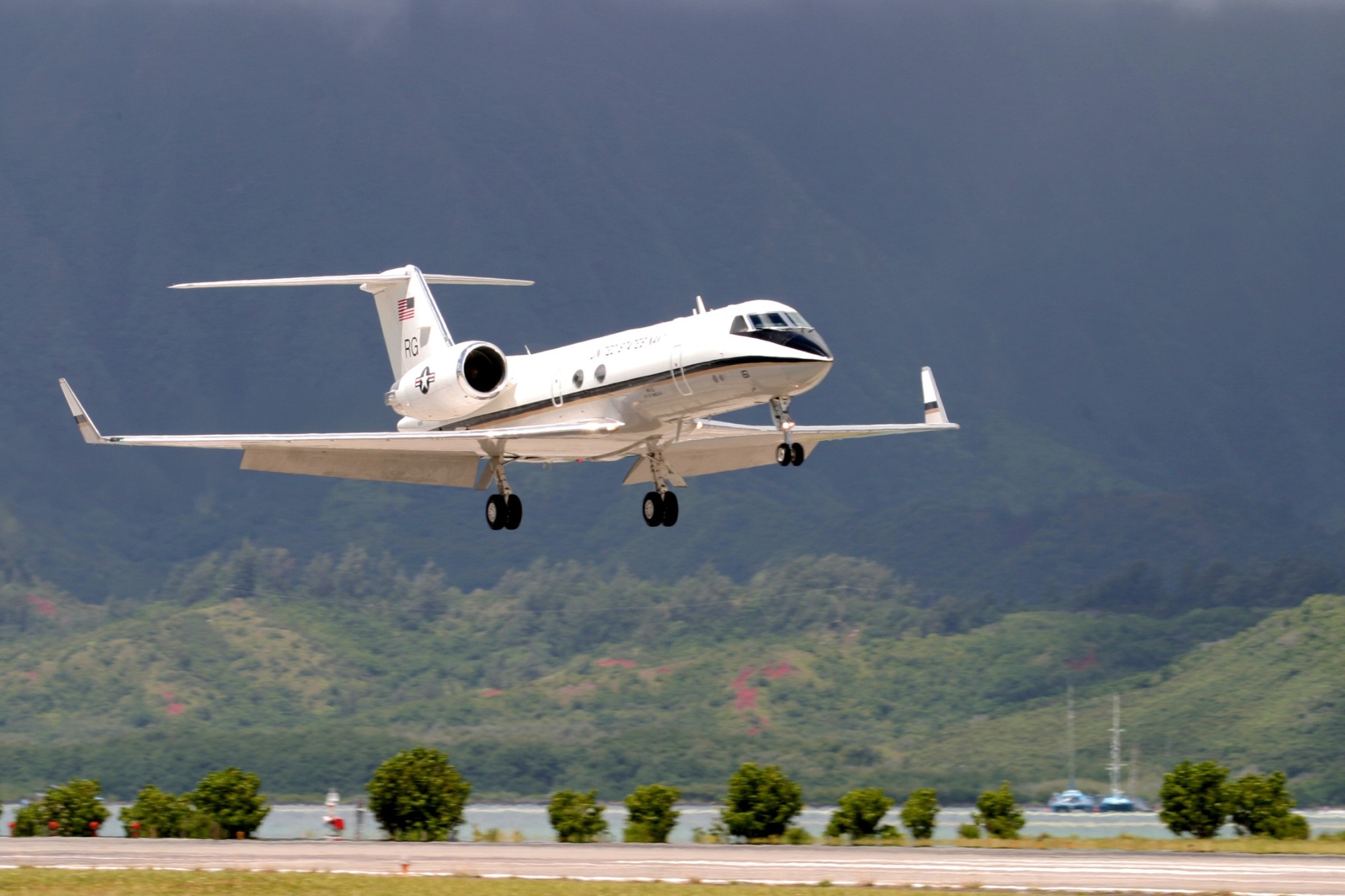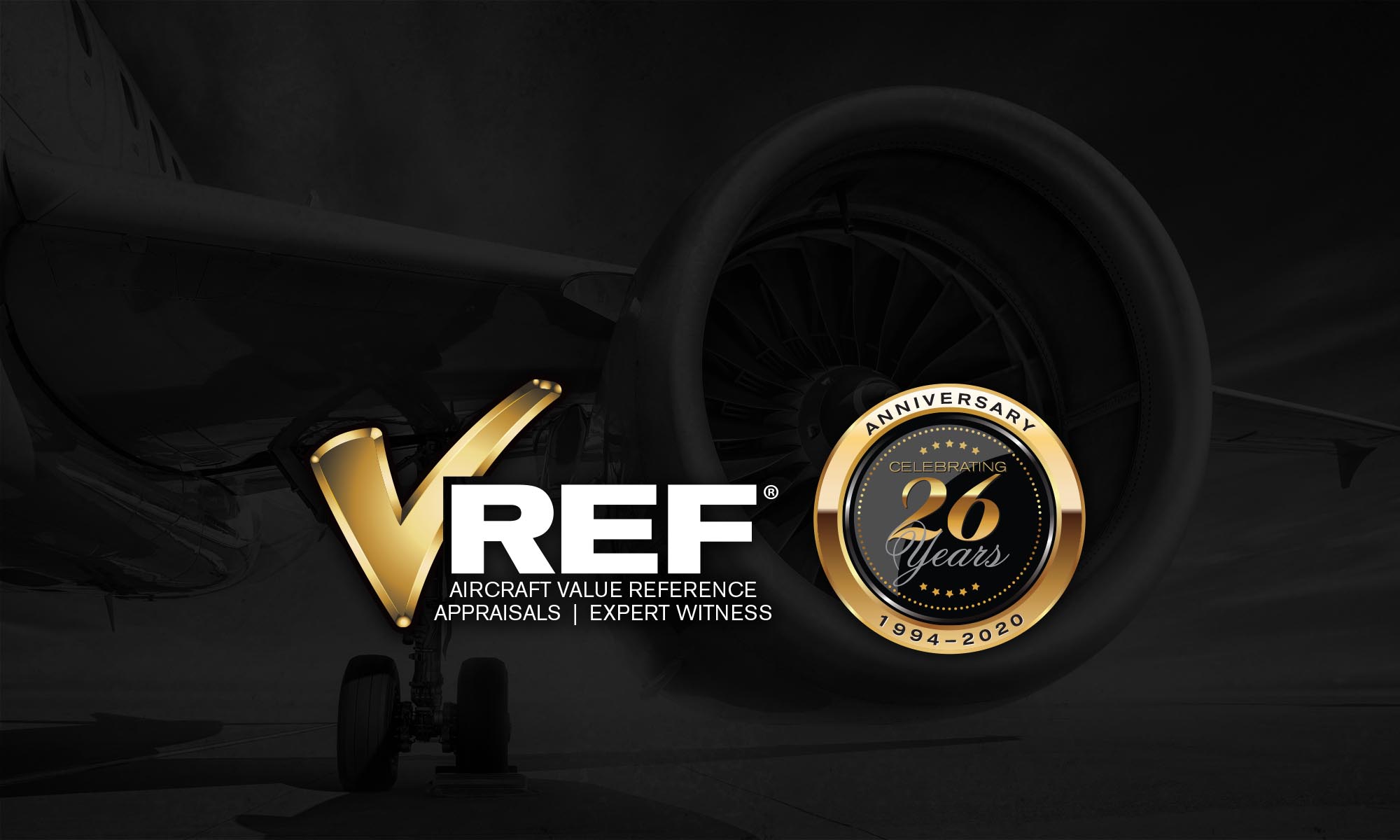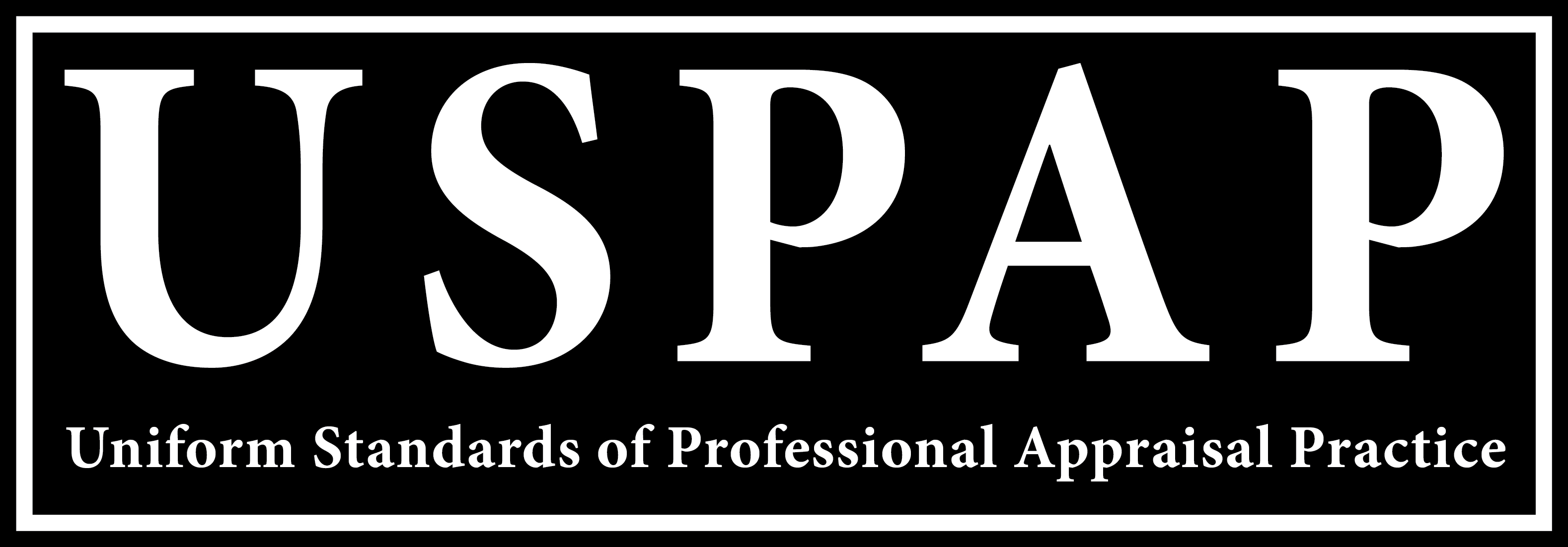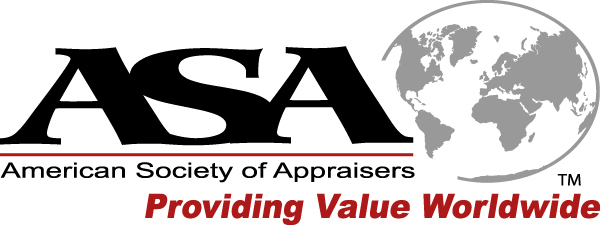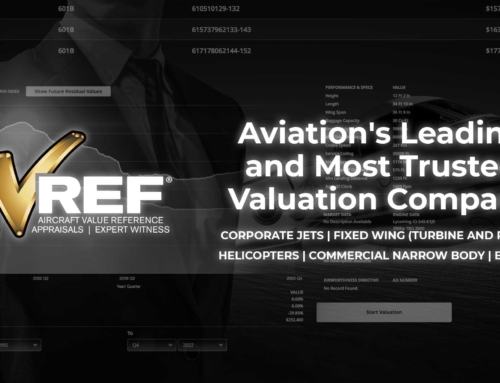Commercial air travel is cheap, but it is not the safest way to fly. Flying your jet will keep you and your loved ones protected from viruses and the general public, but how much does it really cost to operate a jet?
Flying private used to be a privilege for the ultra-rich, but jets have become more accessible. While your private aircraft may now be within reach, the operating costs can vary depending on what part of the country you are in and who you hired to manage it.
Determining Jet Operating Costs
Calculating operating costs takes more than adding up your fuel.
Each model has its pros and cons, and the costs of a jet begin when you decide on which model aircraft you are going to buy. Keep in mind that your mission profile will dictate how your aircraft is operated.
You want to begin the process with the plane best suited to your needs.
Then it’s time to start calculating the basics such as hourly cost and maintenance expenses.
Add Everything including the Kitchen Sink
Called the error of omission, forgetting to add possible expenses can ruin a budget.
When operating a plane, it’s essential to account for everything and then some. You need to overestimate your expenses and safeguard those funds so that they are there when you need them. An operating account is not only a brilliant idea but one that has been practiced for over 30 years. Why not take a play from a corporate flight departments playbook and set aside those monies into a reserve fund account. Better yet, get your aircraft enrolled in an aircraft maintenance program, often referred to as hourly cost maintenance programs.
Types of Jet Operating Costs
Breaking down the costs of a jet makes calculations manageable. When budgeting for a jet you need to consider direct, fixed, reserve, and variable costs.
Direct Costs
Direct costs are out of pocket expenses. These include oil, fuel, and landing fees.
How much the aircraft is utilized determines the direct costs, and there shouldn’t be any surprises here.
Fixed Costs
We all have bills, and that’s where fixed costs come in. Regardless of how much the jet has flown, you’ll have to pay these expenses.
Insurance, hangar fees, and annual inspection fees cannot be avoided. If you bought your jet using a loan, you’ll also have to consider principal or interest amounts as part of this fixed cost of ownership.
Reserve Costs
Reserve funds are unique and used if you have joint ownership of a jet or if you plan on chartering it out.
Each time you use your plane, you’ll deposit funds into an escrow account. This amount is set apart to pay for the engine, avionics, and airframe overhauls. This escrow account is your emergency fund. Remember enrolling in a program will do away with the need to establish this type of account.
Variable Costs
When calculating operating costs, variable costs take the most skill to predict.
These costs come from unscheduled maintenance. Whether it’s your radio, starter generator, or a battery, if any part of your plane breaks, it gets fixed. You cannot use a broken jet.
As you gain experience, you’ll be able to prepare better or predict these costs. Those new to buying a plane should overestimate this budget substantially, as nothing ruins a honeymoon period for aircraft ownership more than that first bill for something that never, ever breaks, but just did.
If you don’t know Mr. Murphy and his law, you will get to meet him as any piece of machinery will fall prey to unscheduled maintenance repairs. If you want to gain control over these expenses, you can enroll in an hourly cost maintenance program, as well as hire someone to manage the aircraft that has substantial experience operating the same model.
Without a budget, you can land yourself in a world of financial trouble. I see many owners get into trouble because they failed to recognize that even with a brand new aircraft, things break.
You Get What You Pay For
Before buying a plane, you need to speak to your broker or dealer and ask for referrals of those that operate similar aircraft. A trustworthy dealer will want to help you find the right plane for your budget. You need all the information available to you if you’re going to calculate operating costs effectively.
Do your homework and reach out to those in the business with the experience to help. Get a VREF appraisal now; it’s one of the best steps you can take to be a knowledgeable buyer!


